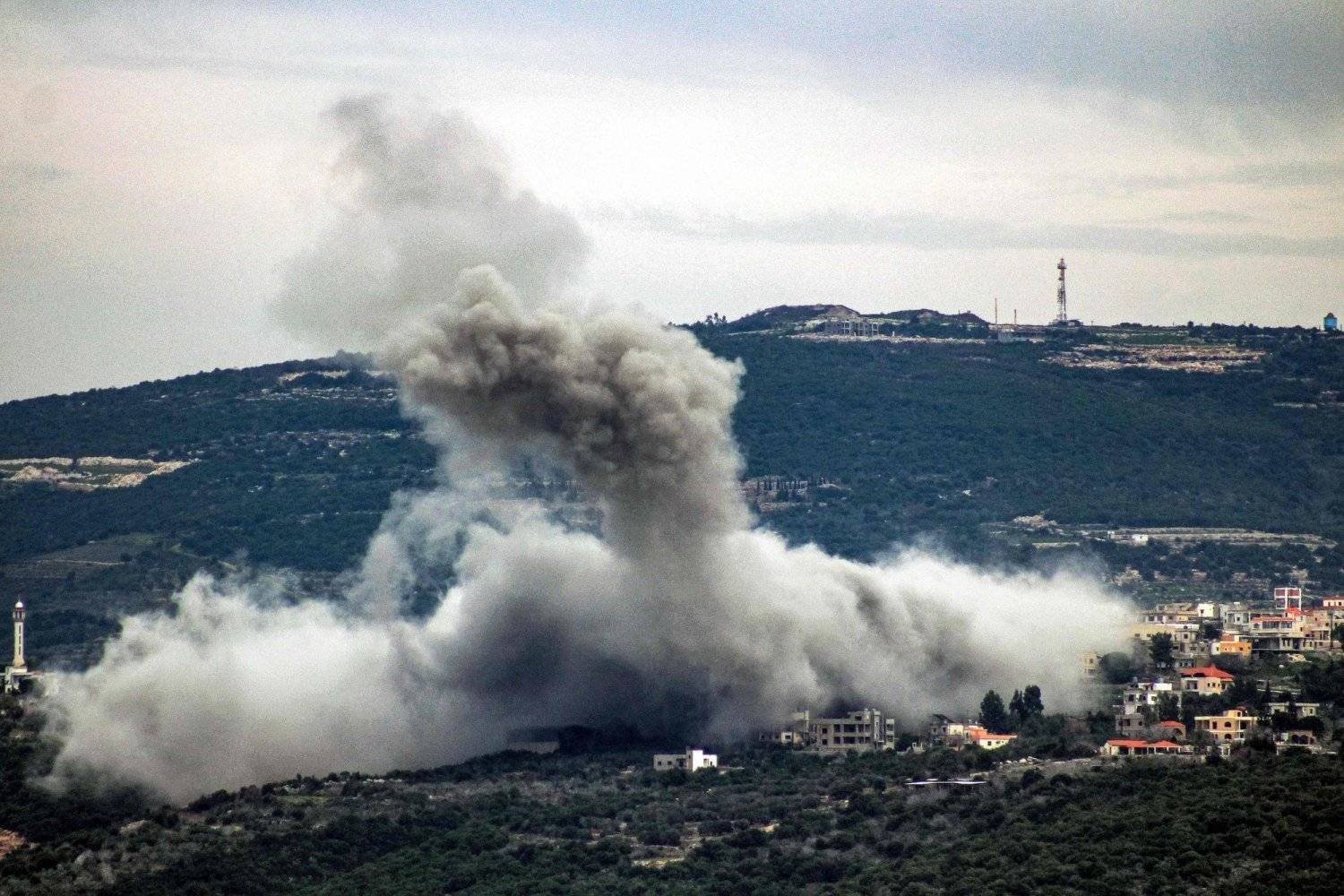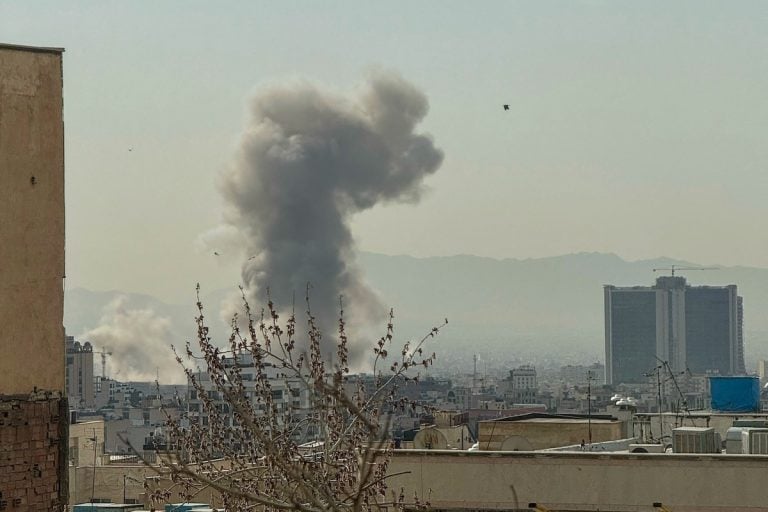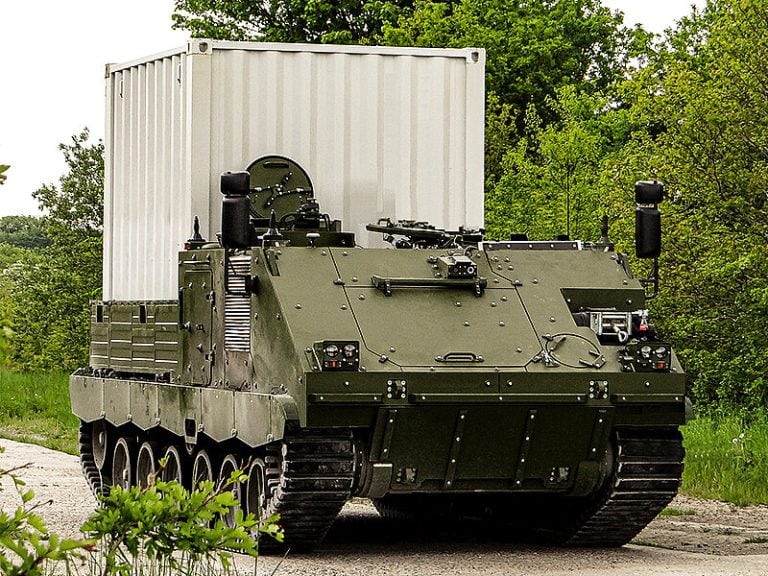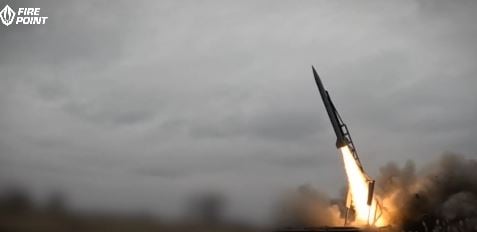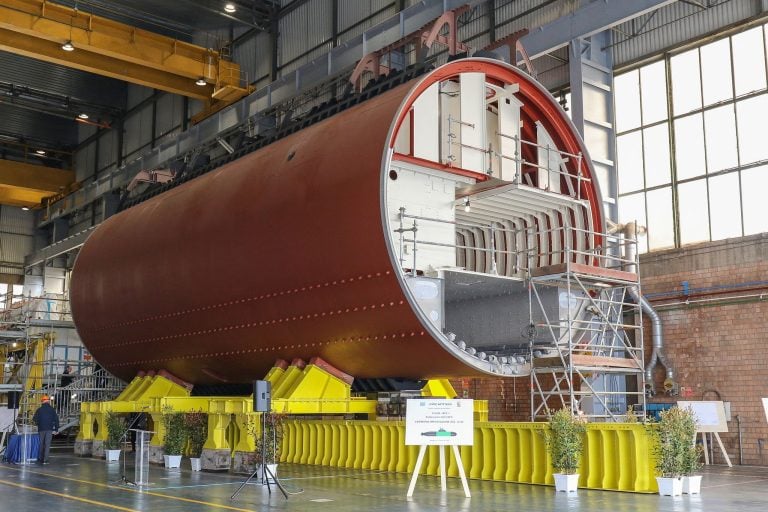An Israeli strike on Sunday has resulted in the deaths of two individuals in southern Lebanon, according to local authorities. The attack occurred as a U.S. envoy was in Lebanon for discussions concerning Hezbollah and potential economic reforms within the country. This incident marks a significant escalation, occurring more than four months into a fragile truce between Israel and Hezbollah, and just one day after U.S. Deputy Special Envoy for the Middle East, Morgan Ortagus, engaged in talks aimed at disarming the Iran-backed militant group, as reported by a Lebanese official.
The Lebanese health ministry confirmed that the strike, described as an “Israeli enemy” attack, targeted the town of Zibqin, close to the Israeli border. In response to the strike, the Israeli military stated that the operation was aimed at two Hezbollah operatives who were allegedly involved in efforts to rebuild the group’s military infrastructure in the area. Despite a ceasefire that was established on November 27, which effectively halted more than a year of hostilities, Israel has continued its strikes on Lebanon, including recent attacks in southern regions and on Hezbollah’s stronghold in south Beirut.
The underlying truce is based on a United Nations resolution which stipulates that only Lebanese troops and UN peacekeepers should operate in southern Lebanon, while calling for the disarmament of all non-state armed groups. As part of the agreement, Hezbollah was expected to relocate its fighters north of the Litani River, approximately 30 kilometers (20 miles) from the Israeli border, and dismantle any remaining military structures in the south. Conversely, Israel was supposed to withdraw its forces from positions it has maintained in southern Lebanon, but it has not met two deadlines to do so, citing the strategic importance of certain locations.
On the diplomatic front, Ortagus’s discussions with Lebanese President Joseph Aoun and Prime Minister Nawaf Salam centered on both the situation in southern Lebanon and the urgent need for economic reforms. A Lebanese official indicated that Ortagus emphasized the necessity of reforms as a precursor to reconstruction efforts in war-damaged areas. These reforms are crucial for Lebanon to access bailout funds from international creditors, who have long demanded changes in governance and economic policy to mitigate the country’s ongoing economic crisis, rooted in years of mismanagement and corruption.
During her visit, Ortagus met with several key economic leaders, including Finance Minister Yassine Jaber, Economy Minister Amer Bisat, and the new Governor of the Central Bank, Karim Souaid. The meetings focused on the current reforms being initiated by the government, as well as the broader economic reform strategy. As part of Lebanon’s efforts to curb smuggling, particularly to Hezbollah, the authorities have introduced stricter measures at Beirut’s airport. Recent reports have noted a ban on flights between Lebanon and Iran due to fears of potential Israeli strikes aimed at intercepting alleged arms transfers to Hezbollah.
Hezbollah remains a significant force in Lebanon, standing apart from the other armed groups by refusing to disarm following the 1975-1990 civil war. The group has been significantly weakened after its most recent conflict with Israel. The ongoing tensions underscore the volatile security situation in the region, as diplomatic efforts to address the complexity of armed groups and economic stability continue.
